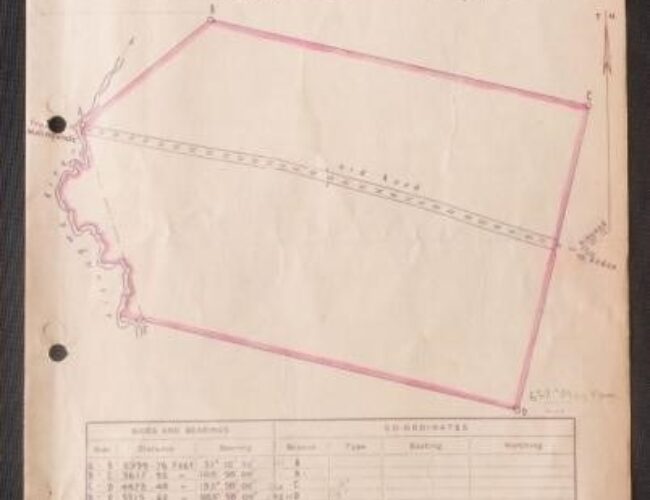Between 1891 and 1964, the British Protectorate of Nyasaland (Malawi) saw the establishment of plantations of tea and tobacco. This marked the transition from rudimentary agriculture to plantation agriculture, shaping the economic development of the region. Records of the period are of held in old plantation offices, and need preservation.

The economy of Malawi is based on agriculture. While the region does not have any exploitable minerals, the agricultural practices of the region were found to be very valuable for Europe during the British rule. The records of tea and tobacco plantation are key to retrace the history of Malawi. These include the correspondence, industrial relations records, ordinances, deeds, crops grown, diseases that attacked these crops, the pesticides, conditions of services of the workers, tax remittance notices, and records of native associations.
A survey of the material showed that it is at risk of disappearing. Dating as far back as the 1890s, the paper has become brittle, and document preservation is not a priority in the country. The records are kept in in the old plantation estates, where humidity and unfavourable conditions increase the risk from pests.
The pilot project aimed to locate, survey and safeguard records of Malawi’s colonial period in plantation estates. The project digitised 600 documents. Some records were moved to the National Archives of Malawi, while others remained in plantation estates. The officials of the estates were trained in document preservation, and a further project is planned to move all records to the National Archives.
